Twyla - a BIPOC Outdoor Mental Health Story
Content warning: This article discusses bipolar disorder
“For a long time, I didn’t realize that mental illness could happen to anyone,” said Twyla, a 35-year-old climber and queer Filipinx living with bipolar disorder. “I thought my struggles were a weakness of character.” Twyla first began experiencing bouts of severe depression and mania as a fifth-grader growing up in the Seattle area. However, it wasn’t until college that she received the diagnosis of bipolar disorder.
Her family didn’t understand her illness and felt uncomfortable talking about it. Doctors pushed medications that made her physically sick. Overall, finding the right medical team and the right medication was a challenge—especially as an Asian woman in a field where the “sick people” are disproportionately brown and the “experts” are disproportionately white and male. “I don’t think navigating bipolar is easy for cis hetero white men either, but their challenges are different,” Twyla added. “It sometimes feels unfair when I talk to them about how their medication or therapy journeys went.
“If your outdoor community is interested in diversifying, name the type of diversity that you’re looking for. If it’s so hard to say ‘women, people of color, queer, trans, disabled’ - if it feels so dirty to you that you can’t even say the words, do you really want us around?”
As of 2021, Twyla has been undergoing treatment for the past 15 years. She has a strong support system which helps her navigate life with mental illness. Building one took a long time. “For most of my life, [bipolar disorder] always felt like a dark shameful secret, like a big flaw,” Twyla admitted. “Then I hit my mid -thirties and was like, screw it, I’m done. I don’t want to pretend any more.” She created a film photography memoir about her experiences, using old blog posts and journal entries from the years around her diagnosis.
She also started a Patreon where she talks openly about life with a mood disorder. “Over the course of two years on Patreon, I’ve gone from barely acknowledging that I have depression to constantly talking about being bipolar, and making bipolar friends, and learning that some of my close friends are also bipolar,” said Twyla. “The more I’ve talked about it, the more my support system has expanded.”
Twyla enjoys spending time outdoors as a way to re-center herself. She’s currently planning a 195 mile-long thru-hike of the High Sierra Route. “Not knowing when the happiness I’ve worked so hard to build is going to suddenly disappear can be difficult,” Twyla admitted. Getting outside frequently helps her manage that uncertainty. While alpine climbing, hiking and backpacking aren’t substitutes for treatment, she views Nature as a way to calm her thoughts and get out of her head for a little while. Twyla also appreciates the sense of accomplishment that comes from accomplishing personal goals like a challenging hike or summit. The memories help cheer her up when she is experiencing severe depression and withdrawal. ”I notice that even when I’m depressed, I can look back at my outdoorsy photos of plants and animals or an amazing view and it still feels good,” Twyla added. “It can still reach me.”
Q&A
What can outdoor Nonprofits do differently?
If your outdoor organization or nonprofit is interested in diversifying, name the type of diversity that you’re looking for. If it’s so hard to say ‘women, people of color, queer, trans, disabled’ - if it feels so dirty to you that you can’t even say the words, do you really want us around?
You’re going to make mistakes. That doesn’t mean you shouldn’t do the work
I have volunteered my time so many times to create programming and make spaces. They want it to be perfect and they’re afraid to offend anyone so they do nothing instead. It’s really frustrating.
Create your own spaces
“Maybe the answer isn’t to go through existing structures that are going to resist progress in the name of “tradition.” Maybe we need a mentally ill climbing club. I’ll show up for it, when I’m able. I think the best solutions come from the people who are affected by it. Why should we wait for established organizations to catch up?”
GET HELP TODAY
The National Suicide Prevention Hotline: 800-273-8255
Nacional de Prevención del Suicidio: 888-628-9454
Deaf & Hard of Hearing: 800-799-4889
The Trevor Project Suicide Prevention Hotline for LGBTQ+ Youth: 866-488-7386




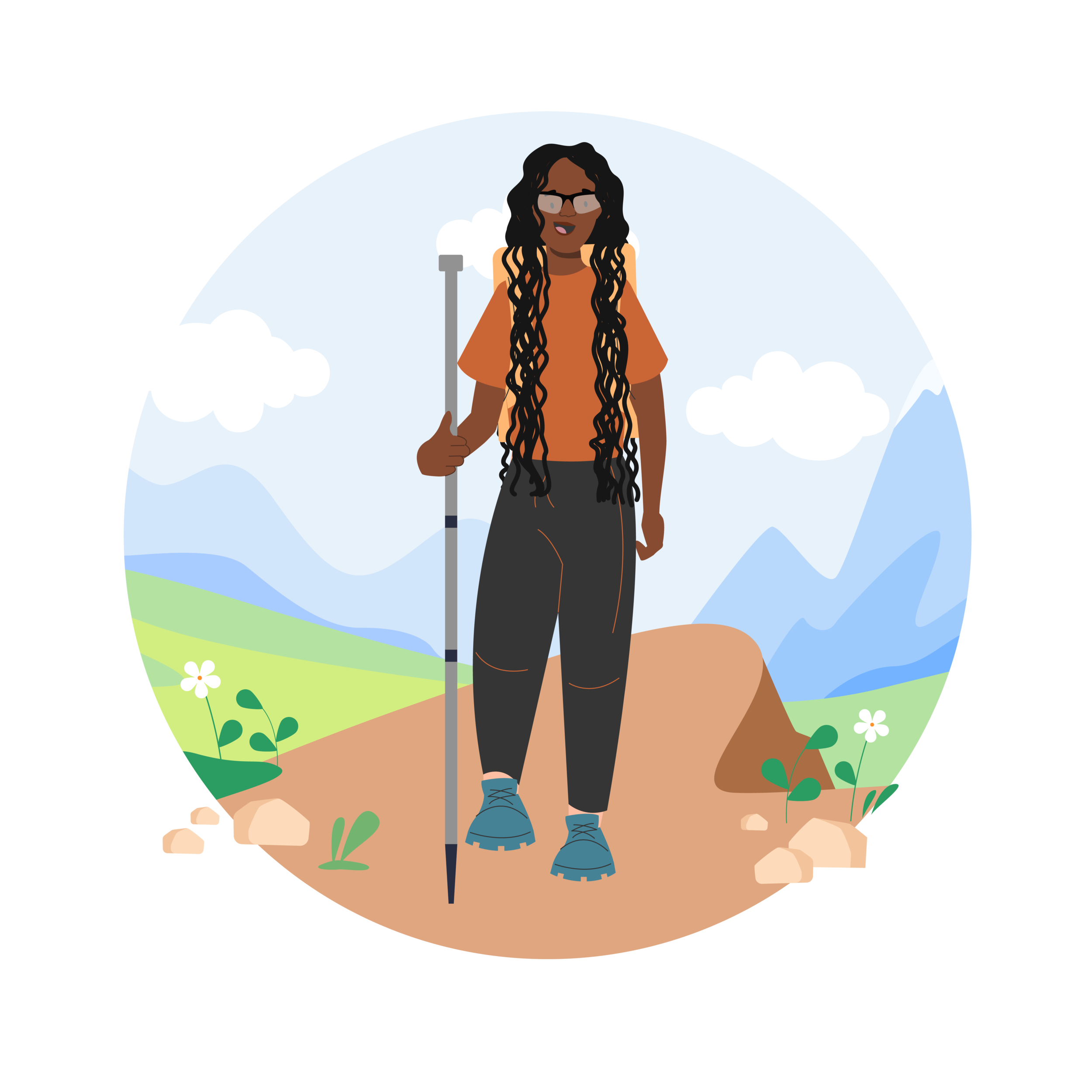
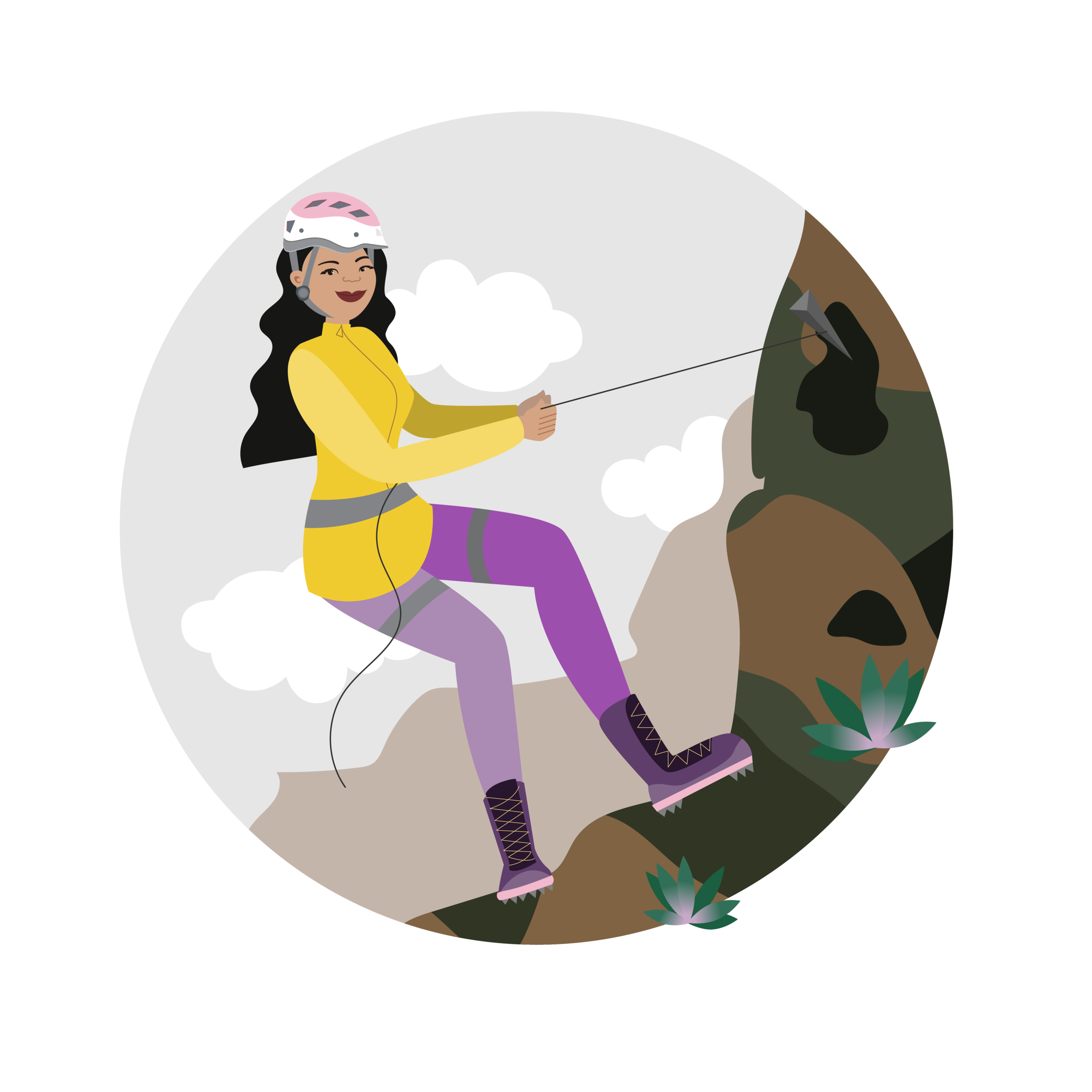

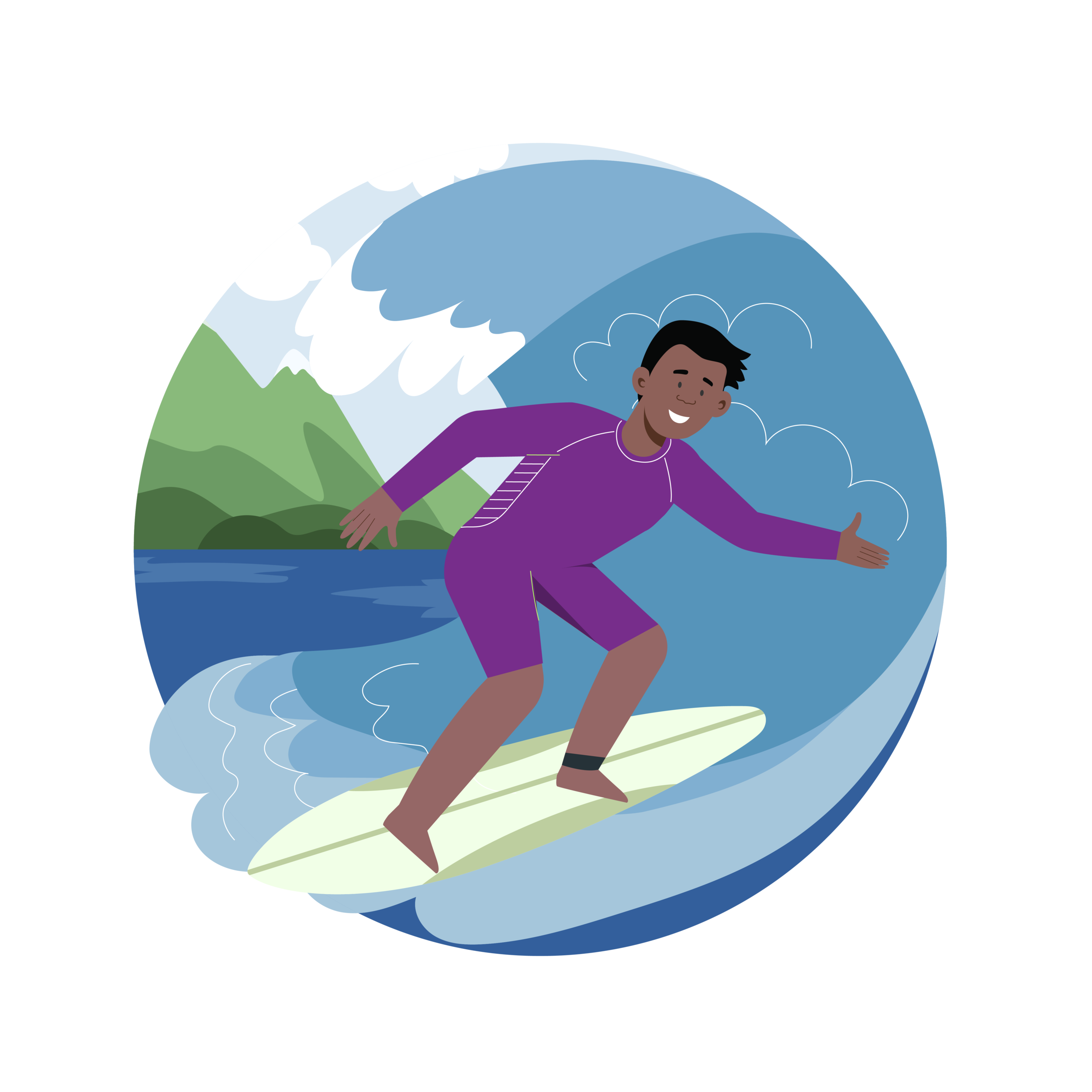
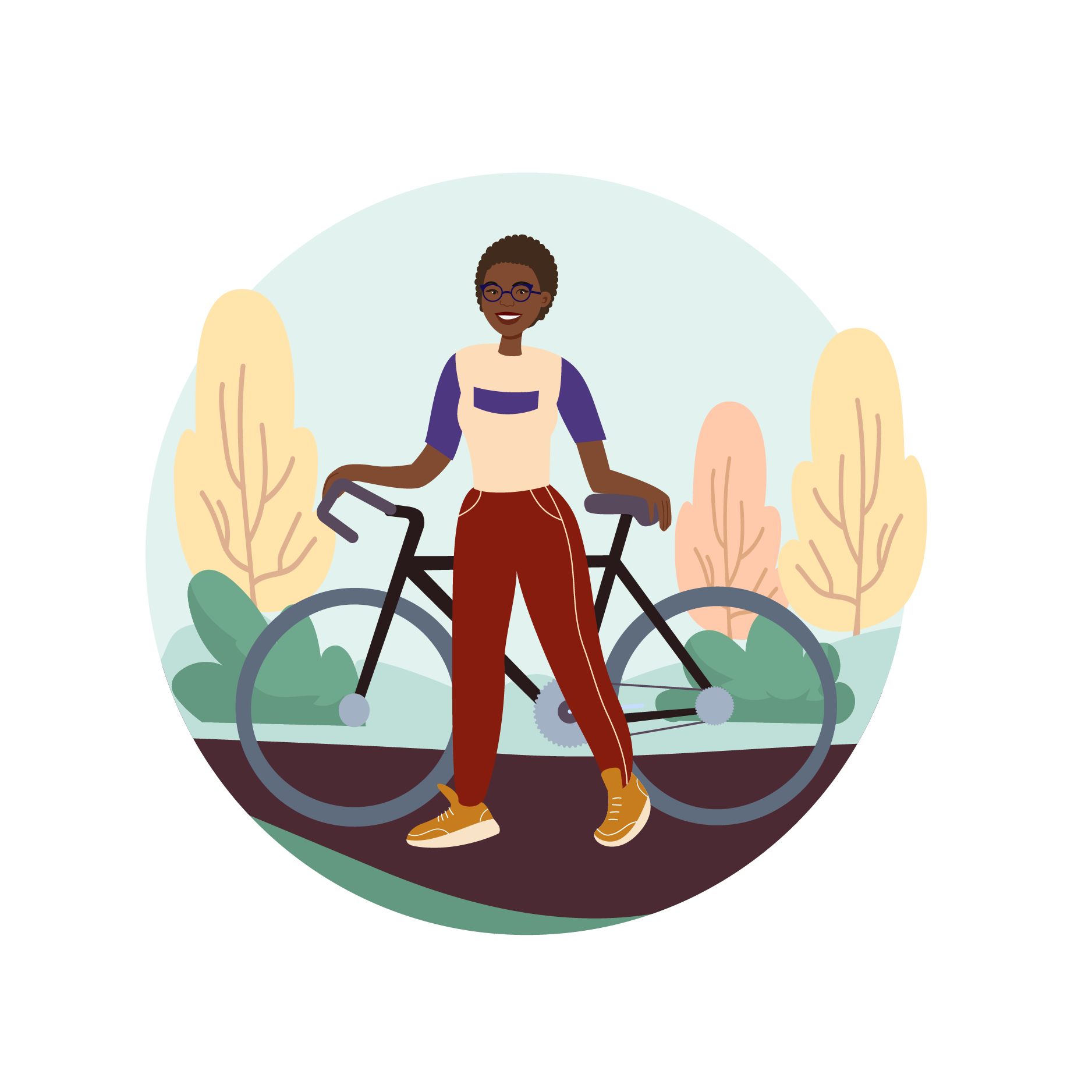
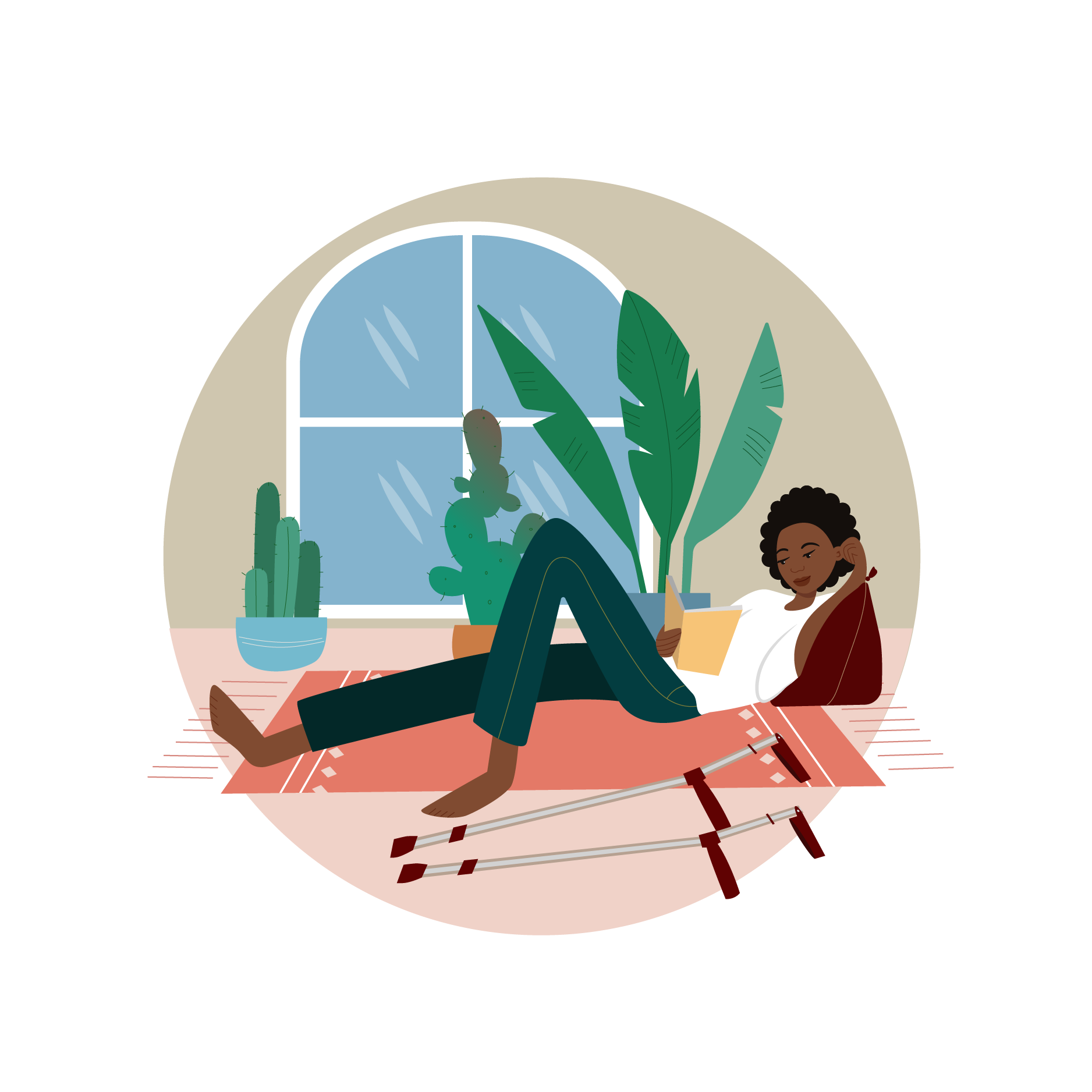








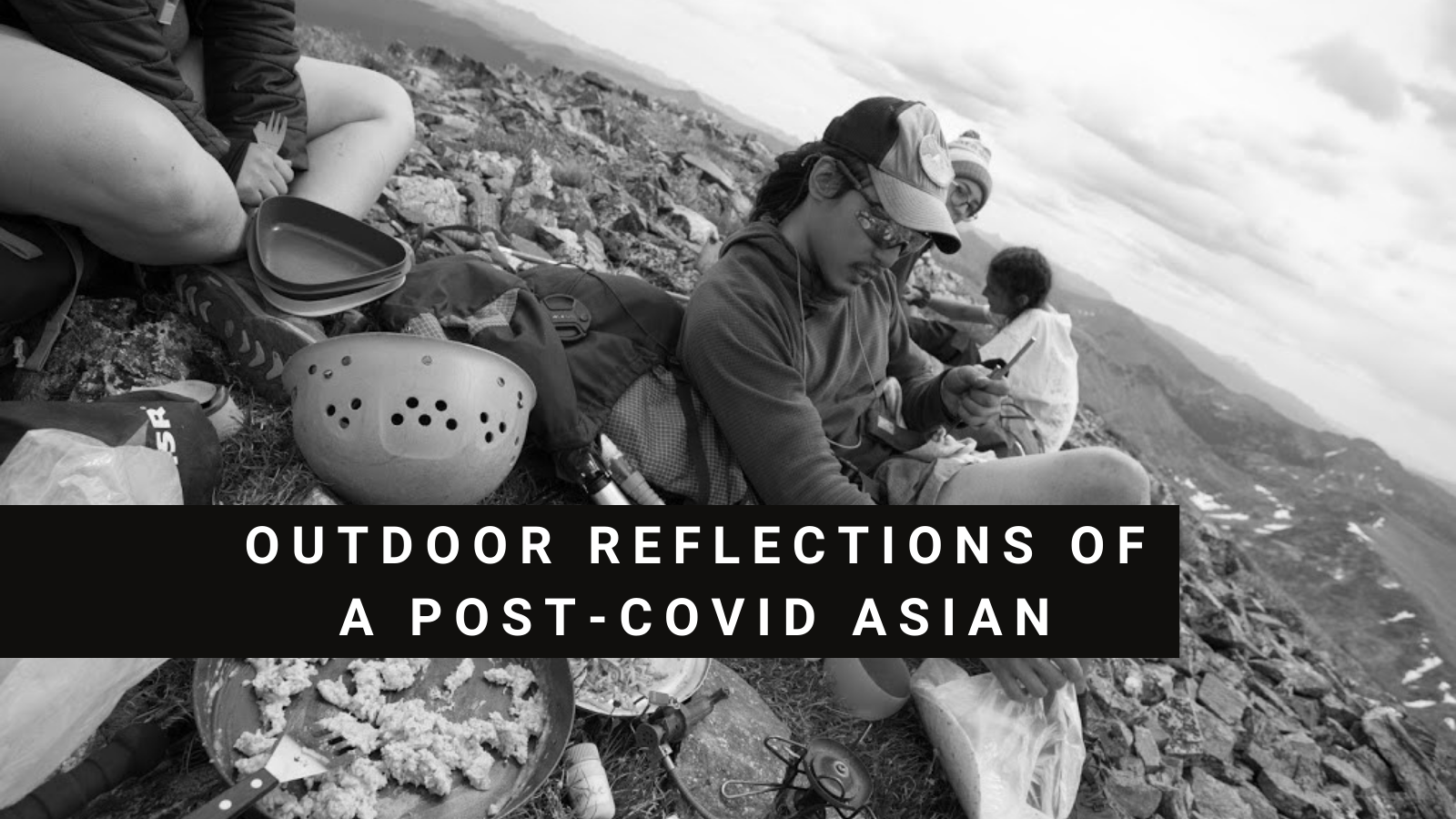

Dear Black men, when was the last time you went hiking? A week ago? Last summer? Never? Of the many hobbies people pick up, hiking is not always well-received in African American communities. I would like to change that. Some will say, “Does being Black matter?” Yes, without a doubt.